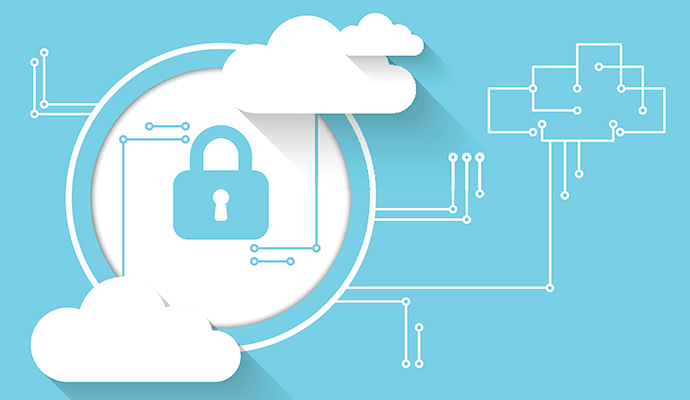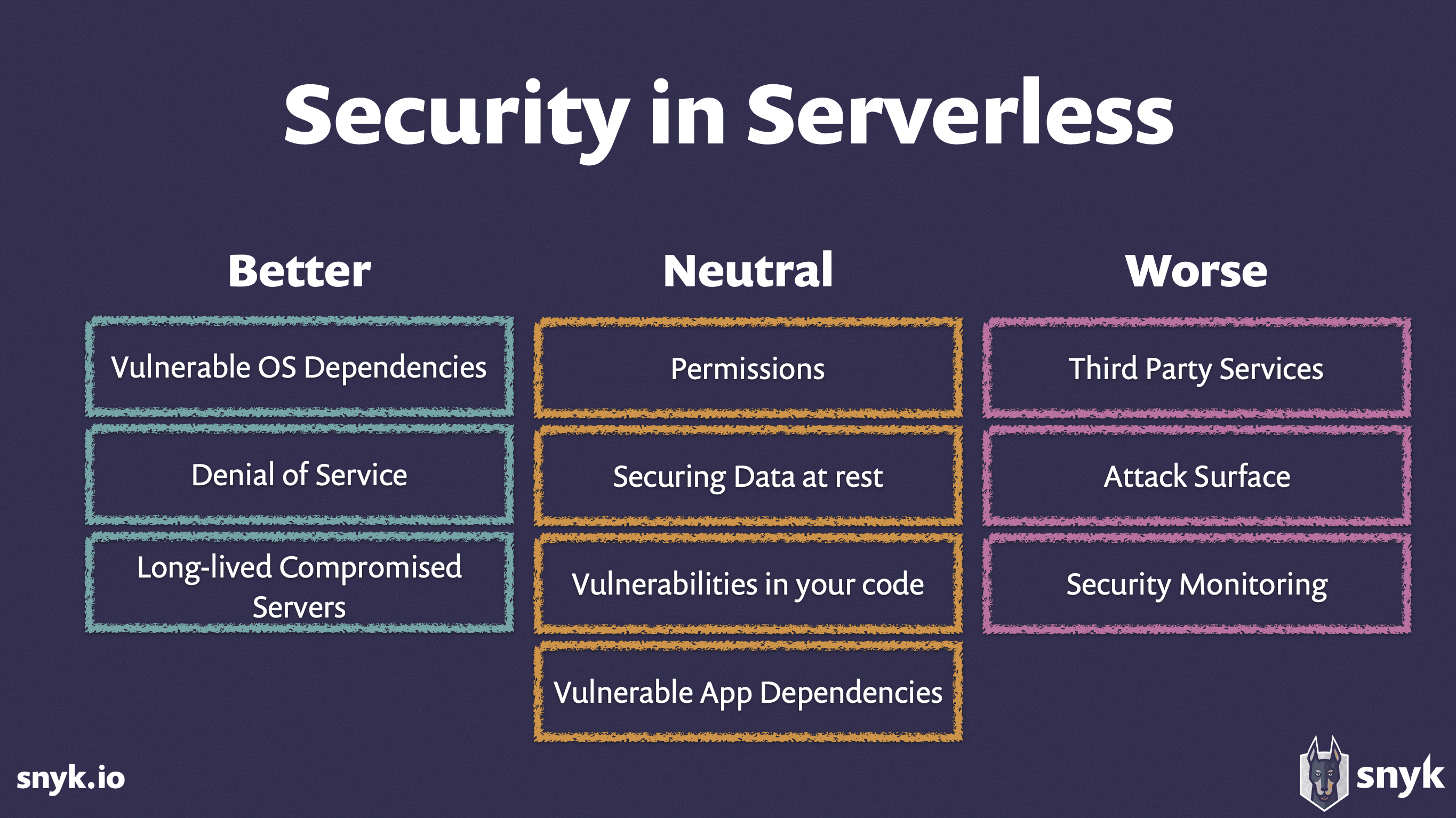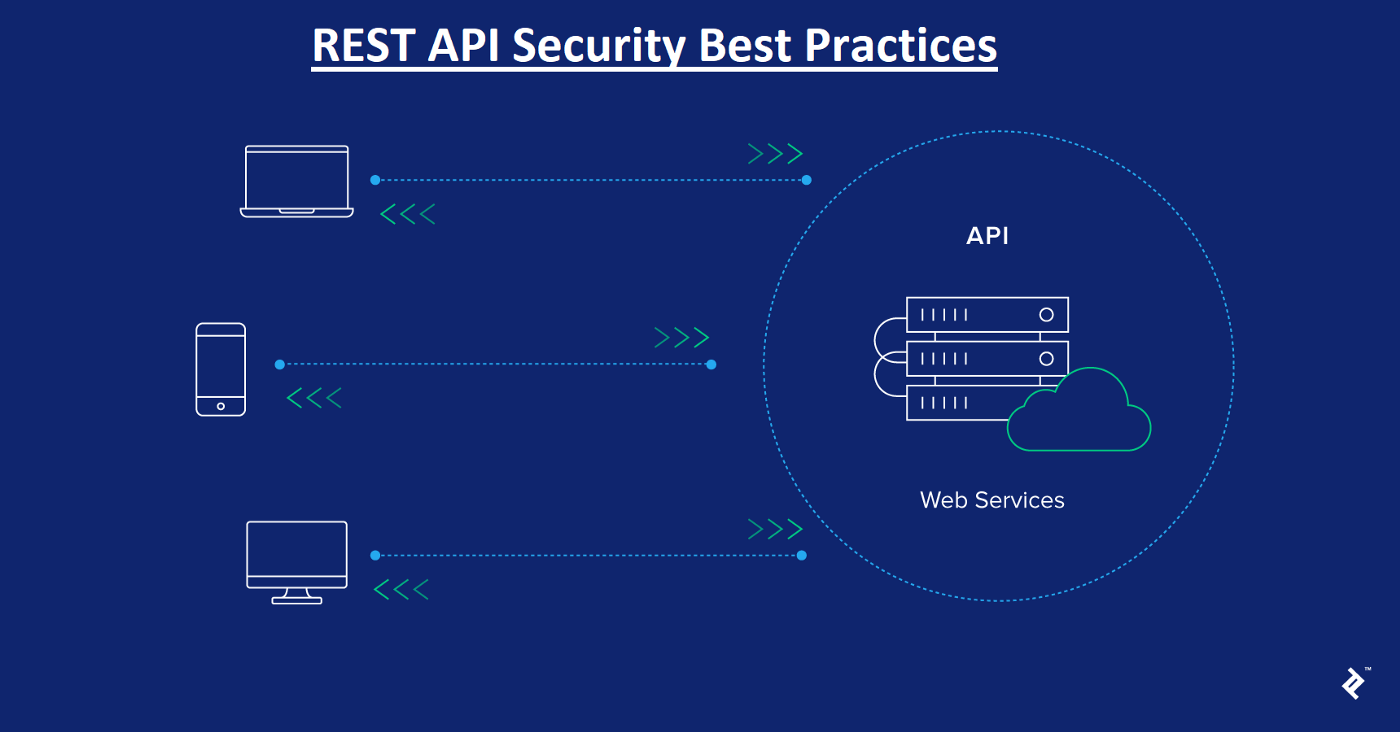
As technology continues to advance, businesses have become increasingly reliant on digital systems and data storage. With the increasing reliance on technology comes the growing risk of cyber attacks. Cyber attacks come in various forms, from phishing scams to ransomware attacks. A cyber attack can cause significant financial damage, from lost productivity to lost data, and even damage to a company's reputation.
This is where cyber insurance comes in. Cyber insurance is a type of insurance that protects a business against internet-based risks. In the age of ransomware, cyber insurance has become even more critical.
What is Cyber Insurance?
Cyber insurance is a type of insurance that covers losses that result from cyber attacks or data breaches. Cyber insurance policies vary, but they generally cover losses related to network interruption, data loss, and third-party liability. Some policies may also cover expenses related to crisis management, public relations, and legal fees.
There are two primary types of cyber insurance: first-party and third-party. First-party cyber insurance covers losses that directly affect the policyholder, such as lost data, damage to hardware or software, and business interruption. Third-party cyber insurance covers losses that affect third parties, such as customers, partners, and other businesses.
What Does Cyber Insurance Cover?
Cyber insurance policies can vary significantly, but they generally cover the following:
1. Business Interruption:
Business interruption coverage helps businesses recover from a cyber attack by covering the costs associated with downtime, such as lost revenue and additional expenses required to get back online.
2. Data Loss and Recovery:
Data loss and recovery coverage help businesses recover from a data breach by covering the costs associated with restoring lost data.
3. Liability:
Liability coverage helps protect businesses from lawsuits resulting from a data breach, such as class-action lawsuits and regulatory fines.
4. Crisis Management:
Crisis management coverage helps businesses manage the fallout from a cyber attack, such as public relations and crisis management services.
5. Notification Costs:
Notification costs coverage helps businesses notify affected parties of a data breach and covers the costs associated with those notifications.
6. Forensic Investigation:
Forensic investigation coverage helps businesses identify the source of a data breach and provides assistance with legal and regulatory compliance.
Why Do You Need Cyber Insurance in the Age of Ransomware?
Ransomware attacks are becoming increasingly common. A ransomware attack is a type of malware that encrypts a victim's files and demands payment in exchange for the decryption key. Ransomware attacks can be devastating for businesses, resulting in lost productivity, lost data, and significant financial loss.
Cyber insurance can help protect your business from the financial consequences of a ransomware attack. For example, cyber insurance may cover the costs associated with:
Data Recovery: Cyber insurance can cover the costs associated with restoring lost data.
Business Interruption: Cyber insurance can cover the costs associated with downtime, such as lost revenue and additional expenses required to get back online.
Legal Fees: Cyber insurance can cover the costs associated with defending against lawsuits resulting from a data breach.
Notification Costs: Cyber insurance can cover the costs associated with notifying affected parties of a data breach.
Ransom Payments: Some cyber insurance policies may cover the cost of paying a ransom demand, although this is controversial.
How to Choose the Right Cyber Insurance Policy?
Choosing the right cyber insurance policy can be challenging, as there are many factors to consider. Here are some tips to help you choose the right policy for your business:
1. Assess Your Risk:
Before choosing a cyber insurance policy, it's essential to assess your business's specific cyber risks. Consider the size of your business, the industry you operate in, and the type of data you store.
2. Coverage Limits:
Ensure that the policy offers adequate coverage limits that align with your business's needs. Don't assume that a lower premium policy is the right choice, as it may not provide enough coverage in the event of a cyber attack.
3. Exclusions:
Read the policy's exclusions carefully to understand what is not covered. Some policies may exclude certain types of cyber attacks, such as social engineering scams.
4. Legal and Regulatory Compliance:
Ensure that the policy covers legal and regulatory compliance requirements in your industry, such as GDPR or HIPAA.
5. Reputation Damage:
Consider whether the policy includes coverage for damage to your business's reputation resulting from a cyber attack.
6. Provider Reputation:
Research the insurance provider's reputation and track record in handling cyber claims. Look for reviews and testimonials from other policyholders.
Conclusion
In conclusion, cyber insurance has become a crucial aspect of protecting your business from financial loss in the age of ransomware. Cyber insurance policies cover losses related to network interruption, data loss, and third-party liability, among other things. When choosing a policy, it's important to assess your specific cyber risks, consider coverage limits and exclusions, and ensure that the policy meets legal and regulatory compliance requirements.
As cyber threats continue to evolve, it's essential to stay up-to-date on the latest cyber insurance options and ensure that your policy adequately covers your business's needs. With cyber insurance, you can have peace of mind knowing that your business is protected from the financial consequences of a cyber attack




